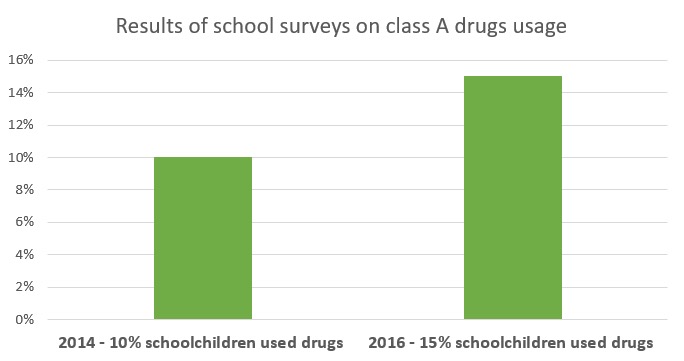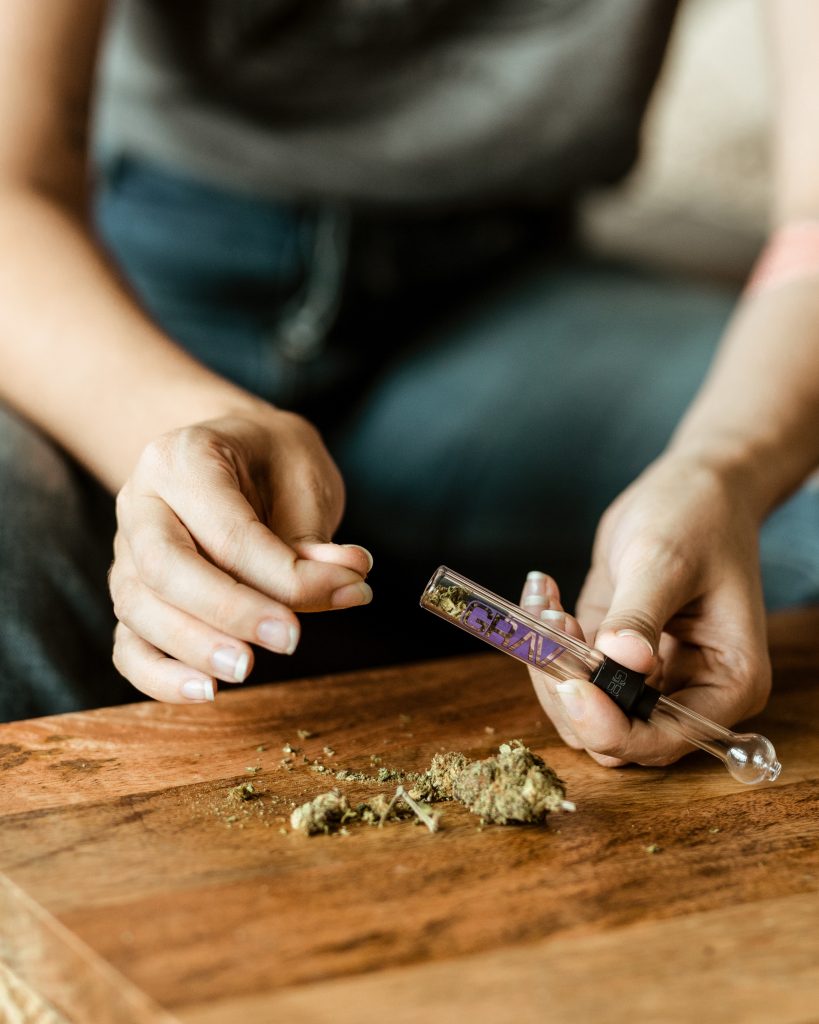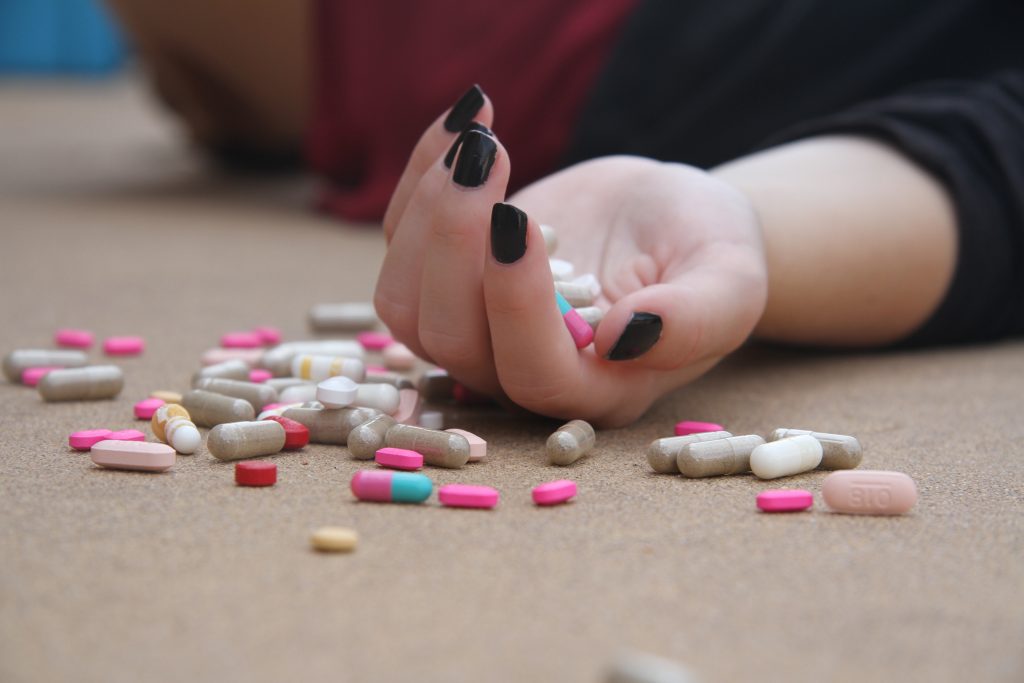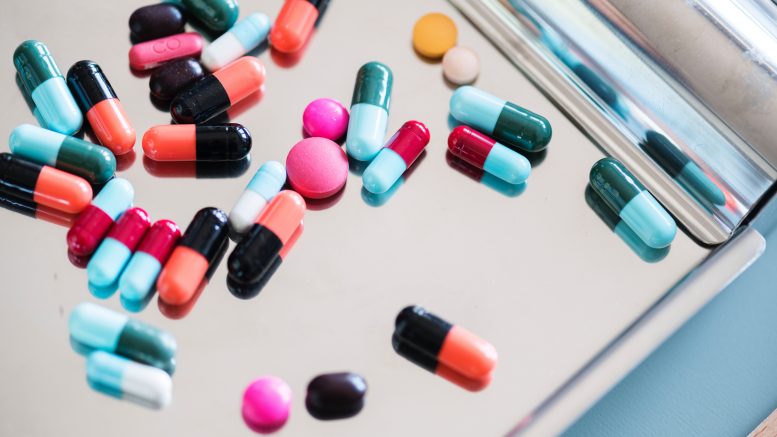New figures report a 5% fall in British youth receiving therapy for drug abuse, though the number of teenagers who use them continues to rise.
A recent study conducted by Public Health England suggests that the number of teenagers in treatment for substance dependence has fallen for the ninth consecutive year. More than 15,000 under-18s sought treatment for drug abuse in the period of a year. The numbers represent a 5% decrease compared to the previous year. However, there is evidence of a rise in the number of teenagers using class A drugs.
Ian Hamilton, a drug abuse and mental health researcher at the University of York, told The Guardian: “This decline of young people in treatment doesn’t make sense. Young people’s class A drug use is up from 6.8% in 2007 to 8.4% in 2018, and the 2016 school survey reported 10% of schoolchildren had used drugs in 2014 but that rose to 15% in 2016.”

Darrell Jones, an experienced Drug Expert Witness, told Voice of London: “PHE statistics show numbers in treatment are dropping, there will be a number of factors behind these figures and I have no comment as to why they are shown as such, I would imagine there are a number of findings which could be examined to get a better understanding of such.”
“There are numerous drug arenas within the UK and drug use and supply has become so desensitised by social media, TV news outlets and even family and friends it has become the “norm” and is socially acceptable throughout all levels of the social spectrum,” he added. “The availability of commonly perceived to be recreational drugs (MDMA, benzos, cannabis, cocaine and others) is as close as the type of a text and can be delivered within minutes.”
Even if cannabis is one of the most used substances among young people, ecstasy is proving to be a growing problem. The number of individuals entering treatment for ecstasy addiction is nearly double compared to 2014.

Photo: Courtesy of Grav via Unsplash.
Samantha, 19, told Voice of London: “I don’t understand why people are using drugs, even recreationally. If you have mental health issues, go take a walk in a park, drink a coffee with your friends or go to the psychologist. There are many ways to cope with your inner issues, and using drugs doesn’t have to be one of them.”
“There are numerous factors which influence and encourage the young to try something, for example, peer pressure, emotional stress, vulnerability, free first pill, reduced prices, the need to be socially accepted, wanting the perfect beach body, they did it so I thought I would and many others which apply to the social setting teenagers are brought up within and build relationships around,” Darrell Jones told Voice of London. “Gone are the days when people were frowned upon for trying drugs, you are now more likely frowned upon if you don’t.”

Photo: Courtesy of Pixabay via Pexels.
A third of the people receiving treatment have been referred by schools. However, the Youth Justice System is also a helpful public body: one in five addicts in therapy come through this route. Besides the NHS, there are charities such as Mentor and The Salvation Army, which deal with drug issues, as well as private rehabs.
“I have a bunch of friends who are using class A drugs recreationally. Maybe this is why many British teenagers don’t seek treatment. I believe that if you use drugs once in a while, you don’t necessarily need treatment, as it can’t be considered drug abuse,” Irenne, 21, told VoL.
Voice of London contacted Addaction, a British mental health, drug and alcohol charity for an in-depth explanation. A spokesperson from the organisation said: “The stats that were released aren’t about drug use they’re about number of people in treatment. They came earlier in the year and they showed that drug use among people is picking up. The stats around young people specifically that came this year show who actually ends up in treatment for their drug issue.”
If you or someone you know have been suffering from substance abuse or addiction and need guidance, a few helplines can be found below.
Frank offers a live chat facility on their website, email support, an SMS number – 82111 and a 24-hour telephone helpline – 0300 123 6600.
QUIT gives advice and support to give up cigarette smoking. Telephone 0800 002200. Email advice stopsmoking@quit.org.uk.
Families Anonymous provide help for families of drug users. Telephone helpline 0845 1200 660.
Release provides advice and help with legal issues.
Featured image: Courtesy of Rawpixel via Unsplash.
Words and graphs: Catalina Ioana Oblu | Subbing: Shruti Tangirala

